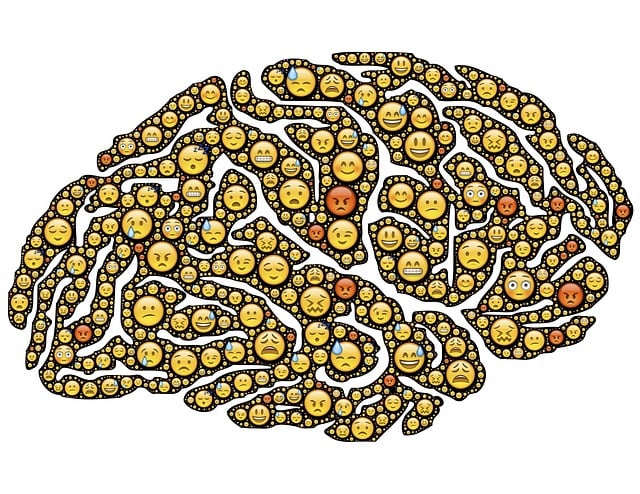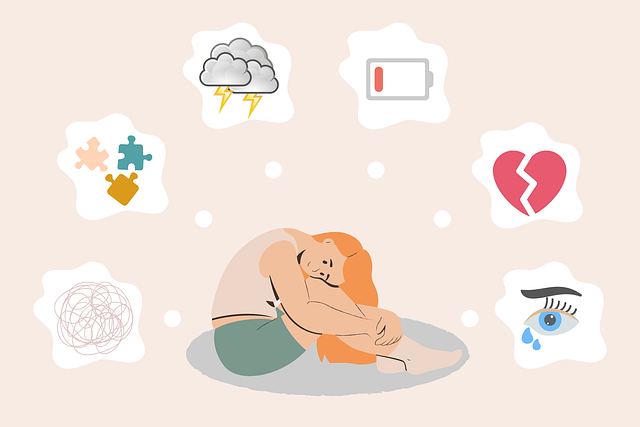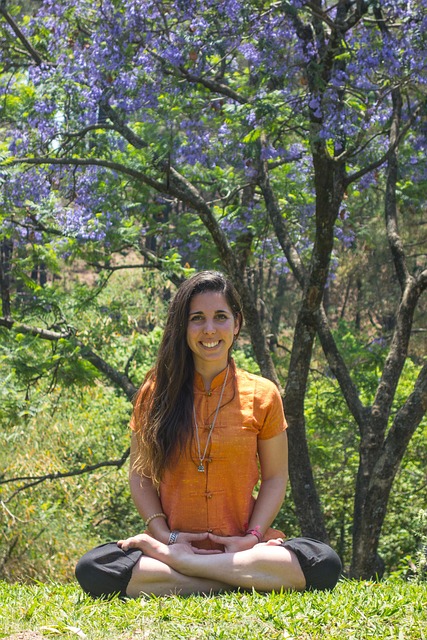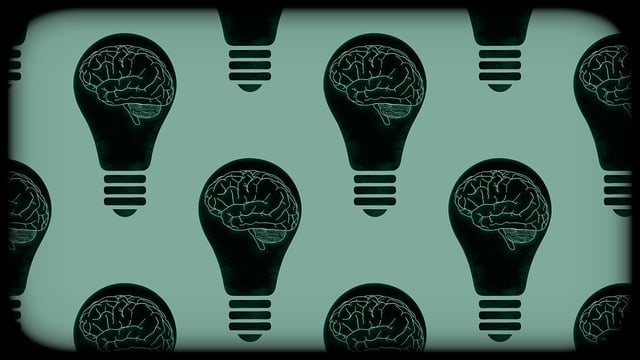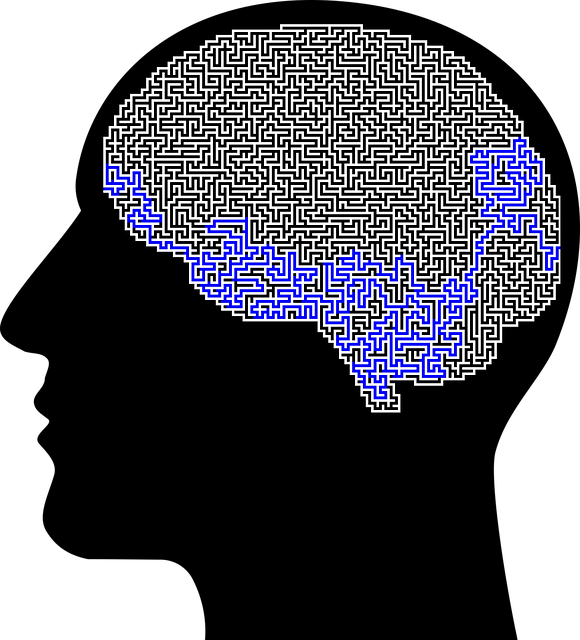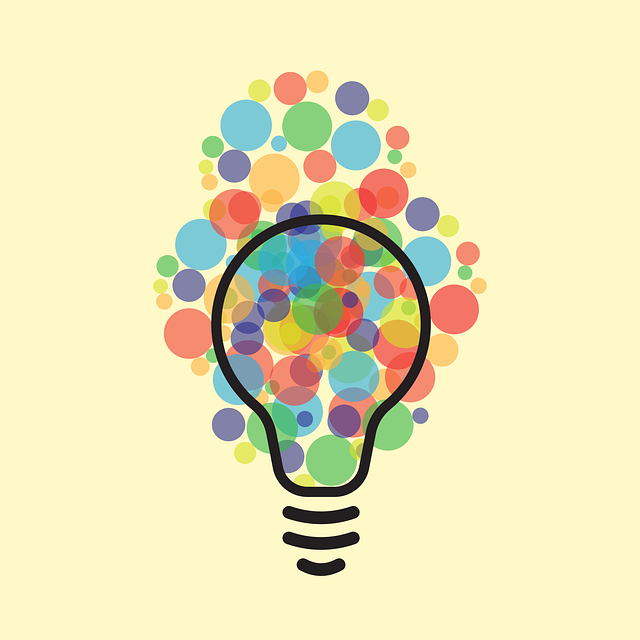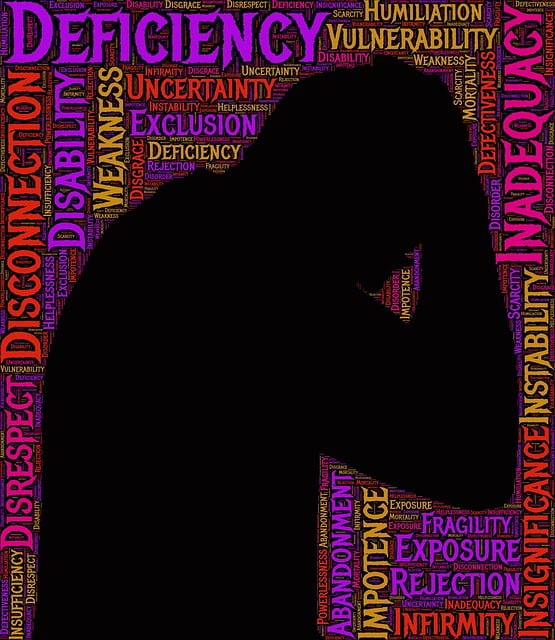Aurora Abuse Survivors Therapy (AAST) offers a group therapy framework focused on healing and empowering trauma survivors through collective support. This approach teaches communication, emotional regulation, and coping skills, fostering resilience. Integrating AAST into coaching programs allows facilitators to provide personalized support, promoting personal growth and long-term recovery. Safe spaces are created with clear boundaries, non-judgmental atmospheres, active listening, and empathy, enabling members to share experiences and heal. Structured exercises like mindfulness and cognitive reframing contribute to stress reduction and mental wellness management. The goal is to empower participants through open dialogue, validation of feelings, and self-care practices, fostering resilience and healing much like the mythical phoenix rising from the ashes.
“Uncovering powerful tools for mental wellness, this article explores the art of group facilitation through the lens of Aurora Abuse Survivors Therapy (AAST). AAST offers a unique framework for creating supportive spaces where individuals heal and grow. We delve into key techniques to foster safety and encourage open communication, focusing on strategies that empower participants. From understanding trauma to implementing effective communication practices, these insights provide valuable guidance for facilitators aiming to enhance group therapy sessions, particularly within the AAST context.”
- Understanding Aurora Abuse Survivors Therapy: A Framework for Group Facilitation
- Key Techniques to Foster Safe and Supportive Group Environments
- Empowering Participants: Strategies for Effective Communication and Growth
Understanding Aurora Abuse Survivors Therapy: A Framework for Group Facilitation

Aurora Abuse Survivors Therapy (AAST) offers a unique framework for group facilitation, prioritizing the healing and empowerment of individuals who have experienced trauma or abuse. This therapeutic approach recognizes that collective support can significantly enhance mental wellness recovery. Through AAST, facilitators create a safe space where members share their experiences, fostering understanding and empathy among peers. The group dynamic becomes a powerful tool for coping skills development and stress reduction methods, as participants learn from one another’s resilience.
This therapy framework encourages active participation by teaching participants effective communication strategies and emotional regulation techniques. Facilitators guide discussions, ensuring every voice is heard while maintaining a structured yet flexible environment. By integrating AAST principles into mental wellness coaching programs, facilitators can tailor their approach to meet the diverse needs of survivors, promoting not just coping but also personal growth and recovery.
Key Techniques to Foster Safe and Supportive Group Environments

Creating a safe and supportive environment is paramount when facilitating mental wellness groups, especially for survivors of trauma like Aurora abuse. Key techniques include establishing clear boundaries and expectations from the outset, fostering an atmosphere of non-judgement, and actively promoting active listening and empathy among group members. This helps individuals feel seen and heard, encouraging them to share their experiences and engage in emotional healing processes.
Using structured Self-Awareness Exercises and Stress Reduction Methods can significantly contribute to this environment. Techniques such as mindfulness practices, guided visualizations, and cognitive reframing exercises not only facilitate emotional healing but also empower participants with tools to manage stress and promote mental wellness. These methods help group members cultivate a sense of safety, enabling them to delve deeper into their personal journeys in a supportive setting.
Empowering Participants: Strategies for Effective Communication and Growth

In facilitating mental wellness groups for Aurora abuse survivors, one of the primary goals is to empower participants through effective communication and growth strategies. This involves creating a safe and supportive environment where individuals feel heard, respected, and valued. Facilitators should encourage open dialogue, actively listen to each participant’s unique experiences, and validate their feelings. By fostering an atmosphere of trust and understanding, survivors can begin to process their traumas and develop healthier coping mechanisms.
Empowerment also comes from promoting self-care practices that contribute to mental health awareness and burnout prevention. Facilitators should integrate discussions on the importance of setting personal boundaries, practicing mindfulness, and adopting healthy lifestyle habits. In light of these strategies, participants gain a deeper sense of agency over their mental wellness, fostering resilience as they navigate their journeys towards healing and growth, much like Aurora’s phoenix rising from the ashes.
Aurora Abuse Survivors Therapy (AAST) offers a unique framework for group facilitation, emphasizing safety, support, and empowerment. By implementing key techniques outlined in this article—creating inclusive environments, fostering open communication, and promoting participant growth—facilitators can effectively navigate the complexities of working with survivors. These strategies not only enhance the therapeutic benefits of group settings but also ensure that each individual receives the necessary tools to heal and thrive. Incorporating AAST principles equips facilitators to create a powerful support system, enabling participants to embark on their journey towards mental wellness.

